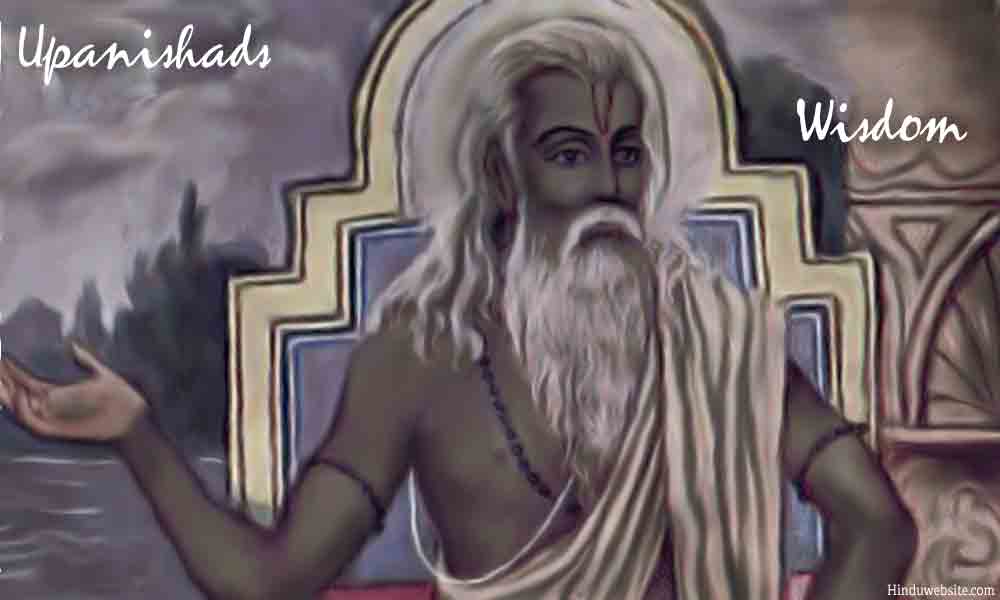
Mahavakyas in Your Daily Life

Please do not look for complete answers or information in these. They are fragments of thoughts which deal with only certain aspects of the chosen subject
Mahavakyas in your daily life. What are Mahavakyas? Maha means great, and vakya means a statement or sentence. Mahavakyas means great statements or sentences.
Now, anything that appeals to you, or you find extremely inspiring and useful to achieve your goals can be considered a mahavakya. For example, if you have self-esteem issues, you can use a statement like, "I deserve the best" or if you have a problem of self-confidence, you may repeatedly affirm to yourself, "I can do it."
Thus in today's context, Mahavakyas are like affirmations or auto-suggestions. However, their purpose is not only to reinforce your beliefs and stabilize your mind in a particular thought or goal, but also to facilitate deep contemplation that would eventually result in a sudden awakening whereby the truths hidden in those statements become self-evident.
In daily life, it is difficult to remember your spirituality or your inner Self. Mahavakyas can help you return to that thought process and become centered in your spiritual thoughts.
They have a certain transformative and purifying power, if they are taken from scriptures like the Vedas or the Bhagavadgita. Through meditation and deep contemplation, you bring to life the truths and the wisdom hidden in them.
Traditionally, in Hinduism Mahavakyas are taken from the Upanishads and used in meditation and contemplation. Some of the most important Mahavakyas are:, "I am Brahman," "Brahman is my intelligence," and "You are That."
A teacher's words, advice, or even mantra given by him during initiation can be used a mahavakya, even if apparently it might not have any significance.
It may be possible that the practice of using Koans in Zen Buddhism might have originated from a similar Indian tradition.
When you begin contemplating upon a statement like, "I am Brahman," and integrate that awareness deeply into every aspect of your consciousness, and if you can hold that belief deeply and fixedly in your mind and memory, it is believed that it becomes a reality for you and you experience universal consciousness manifesting itself in you. << >>
Suggestions for Further Reading h4>
- Hinduism - Upanishads - Mahavakyas
- Prajnanam brahma - Brahman is Intelligence
- Who am I? Aham Brahmasmi
- Who are You? Tat Tvamasi
- What are The Upanishads?
- How old are the Upanishads?
- Exploring the universe the Upanishadic Way
- Which Upanishads One Should Read?
- Who Composed The Upanishads?
- Women in the Upanishads
- Mahavakyas in Your Daily Life
- Sexual Morality in the Upanishads
- Krishna in the Upanishads
- Follow Angirasa as Your Guru as Krishna Did
- How Many Times Do You Reincarnate?
- Are The Upanishads Better Than Modern Psychology?
- Popular Misconceptions About The Upanishads
- Popular Themes of the Upanishads
- The Difference Between Devas And Asuras, Or Between Gods And Demons
- What Brings You Prosperity And Fame?
- Birth and Conception in Hinduism
- The Wisdom of the Upanishads, Main Page
- Essays on The Upanishads
- Upanishads Home Page from Hinduwebsite.com
- Links To Translations of the Upanishads
- List of 108 Upanishads According To The Muktikopanishad
- Introduction to the Upanishads of Hinduism
- A Brief Introduction to the Upanishads
- Essays On Dharma
- Esoteric Mystic Hinduism
- Introduction to Hinduism
- Hindu Way of Life
- Essays On Karma
- Hindu Rites and Rituals
- The Origin of The Sanskrit Language
- Symbolism in Hinduism
- Essays on The Upanishads
- Concepts of Hinduism
- Essays on Atman
- Hindu Festivals
- Spiritual Practice
- Right Living
- Yoga of Sorrow
- Happiness
- Mental Health
- Concepts of Buddhism
- General Essays